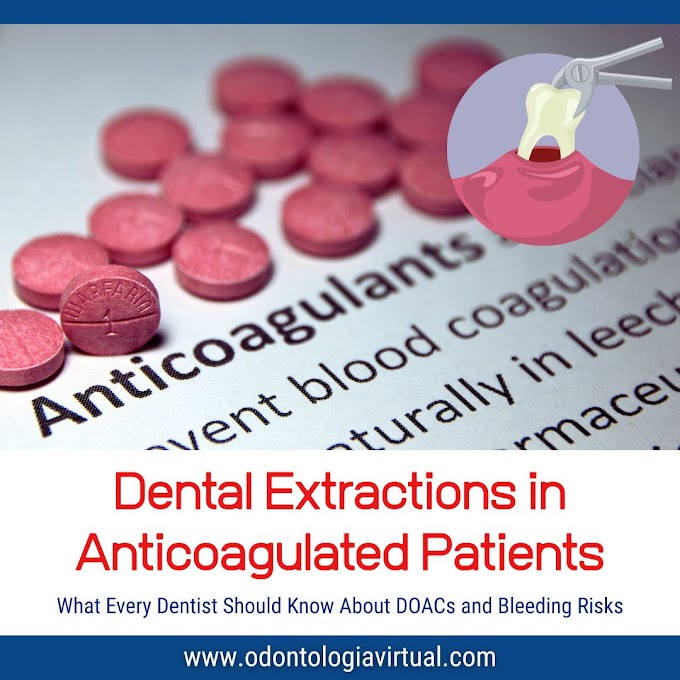Posterior teeth, constantly exposed to high occlusal forces, present a unique challenge when it comes to choosing the optimal restorative method—especially when structural integrity and fracture resistance are paramount.
The article titled “Fracture Resistance of Direct versus Indirect Restorations on Posterior Teeth: A Systematic Review and Meta-Analysis” offers a comprehensive and critical evaluation of the scientific evidence comparing the mechanical performance of both approaches.
Published in Bioengineering in June 2024, this rigorous meta-analysis consolidates findings from multiple high-quality in vitro studies to assess whether direct composite restorations or indirect restorations (such as ceramic or CAD/CAM-fabricated materials) provide superior fracture resistance in molars and premolars.
The systematic review analyzed data from 22 studies involving over 600 specimens, evaluating variables such as cavity configuration, material properties, adhesive systems, and preparation techniques.
Interestingly, the results reveal that indirect restorations generally outperform direct restorations in fracture resistance, particularly in extensive cavities, although the difference is less pronounced in conservative Class I or II restorations.
This publication not only helps guide restorative choices based on scientific evidence but also discusses clinical implications, including time efficiency, cost-effectiveness, reparability, and long-term performance
It underscores the importance of individualizing treatment decisions based on the extent of tooth damage, patient-specific risk factors, and available materials and technologies.
📄 We invite dentists, researchers, and dental students from around the world to read this Full open-access article in PDF format.













